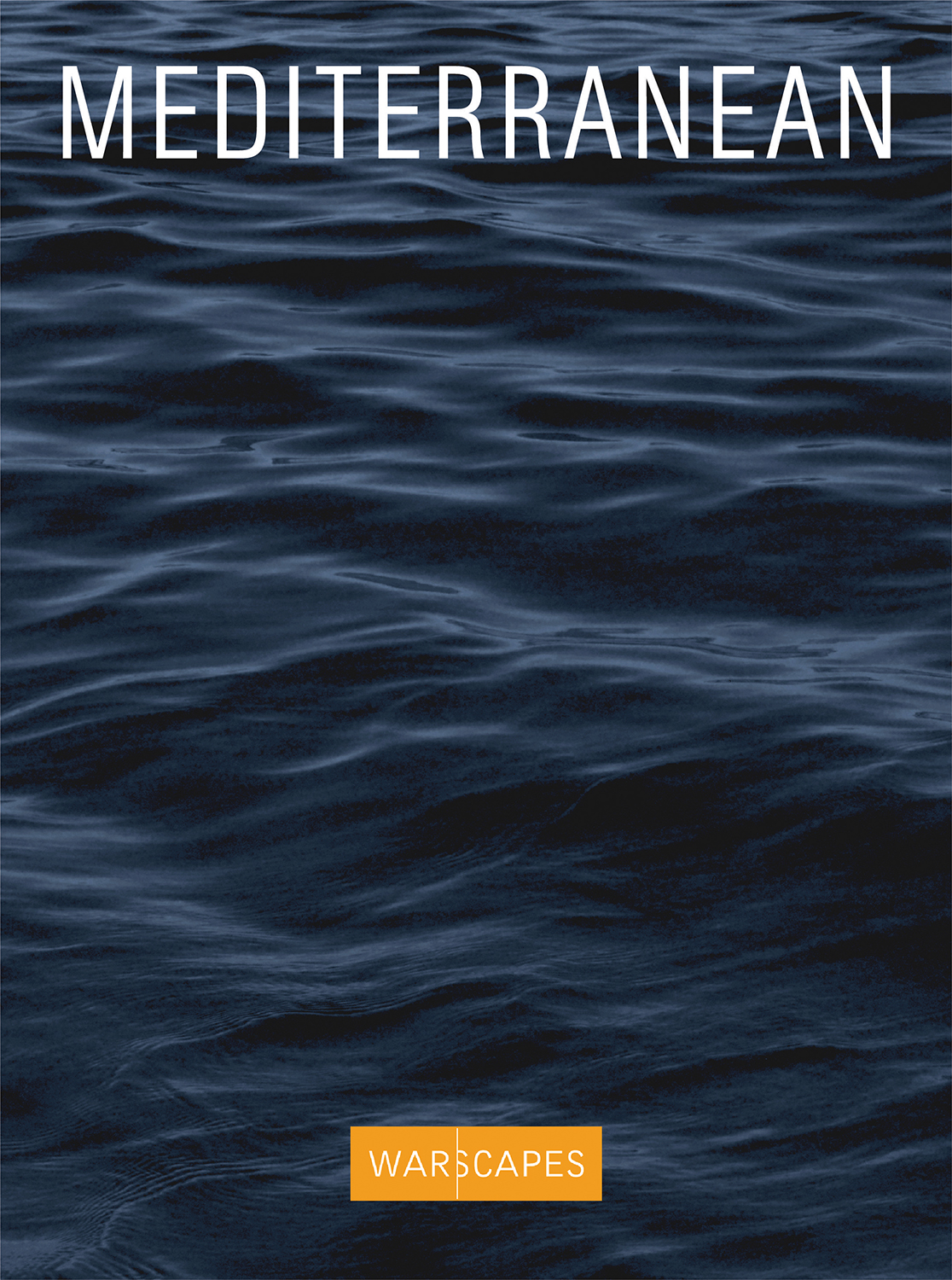The Mediterranean Sea has become a harrowing gauntlet for hundreds of thousands of refugees and migrants each year. Through the intimacy and immediacy of fiction, poetry, photography and reportage, Mediterranean explores these turbulent journeys.
Lyric fiction by Edwidge Danticat, Maaza Mengiste, Boubacar Boris Diop, and Chika Unigwe hones in on the dislocation that marks individual passages. Mario Badagliacca’s haunting photos of found objects recovered from capsized vessels serve as a visual guide to communal tragedy. Poems by Jehan Bseiso and Ali Jimale Ahmed strain with memory and loss, while Hassan Ghedi Santur’s narrative reporting on African migration brings us inside Europe’s detention centers and camps through the eyes of those he meets there, holding the continent to blistering account for the systems it has built and the people it has failed. Evoking the sustenance of home, the book also includes recipes from migrants along with stories connecting them to the places they left behind.
Finally, Mediterranean offers an in-depth syllabus providing additional avenues for study through compelling literature, theory, art, and film.
Mediterranean is the first book by the editors of Warscapes.
Bhakti Shringarpure, Michael Bronner, Veruska Cantelli, Michael Busch, Jessica Rohan, Melissa Smyth, Jason Huettner, Gareth Davies, Noam Scheindlin
Warscapes is an open-access digital initiative that seeks to fill a void in mainstream media, offering deep and incisive perspectives on contemporary conflicts by featuring underrepresented voices grounded in literature, history, and activism. Warscapes was founded in 2011 and publishes fiction, reportage, poetry, interviews, reviews, art, and photography. The magazine is a tool for understanding complex political crises and serves as an alternative to compromised representations of those issues.
“Warscapes is that rare and desperately needed space—a gathering of art, politics, and cultural narratives from across the globe bound by the depth of their ideas, the elegance of the writing, and the always complex portraits of a shared humanity.”
-Dinaw Mengestu, author of All Our Names and How to Read the Air
“An affecting, clear-eyed and brutally honest account of the refugee crisis.”
-Nadifa Mohamed, author of Black Mamba Boy and The Orchard of Lost Souls
“The migrant waves washing into Europe are too often seen as faceless masses fleeing unknown conditions. In Mediterranean, Hassan Ghedi Santur waded into one of the most notorious stopping points on the migrant route, the camp called The Jungle in Calais, to tell us, with poignant, vivid clarity, the stories of several of its residents. You can’t read these stories without being deeply moved. More importantly, you will gain a far deeper understanding of what’s sending so many migrants on such harrowing journeys – these “ordinary people with the most ordinary yearnings: safety, freedom, jobs.” Superb writing and sensitive reporting on a story that is changing politics and economies around the world.”
-Ann Cooper, foreign correspondent and former executive director of the Committee to Protect Journalists
“The anthology carries the reader into new territories with an exciting mix of a multi-form and multi-genre approach to do what the magazine always did: open up a space and create new paths to rethink the same tired narratives around war and displacement.”
-Flavio Rizzo, author of Africa is a Country
Distributed for UpSet Press and Warscapes

